Creating digital education
AI is gradually becoming an indispensable tool in all fields, especially education. If in the past, technology only played a supporting role in storing and transmitting knowledge, now AI can "analyze", "advise" and "personalize" the learning path for each student.
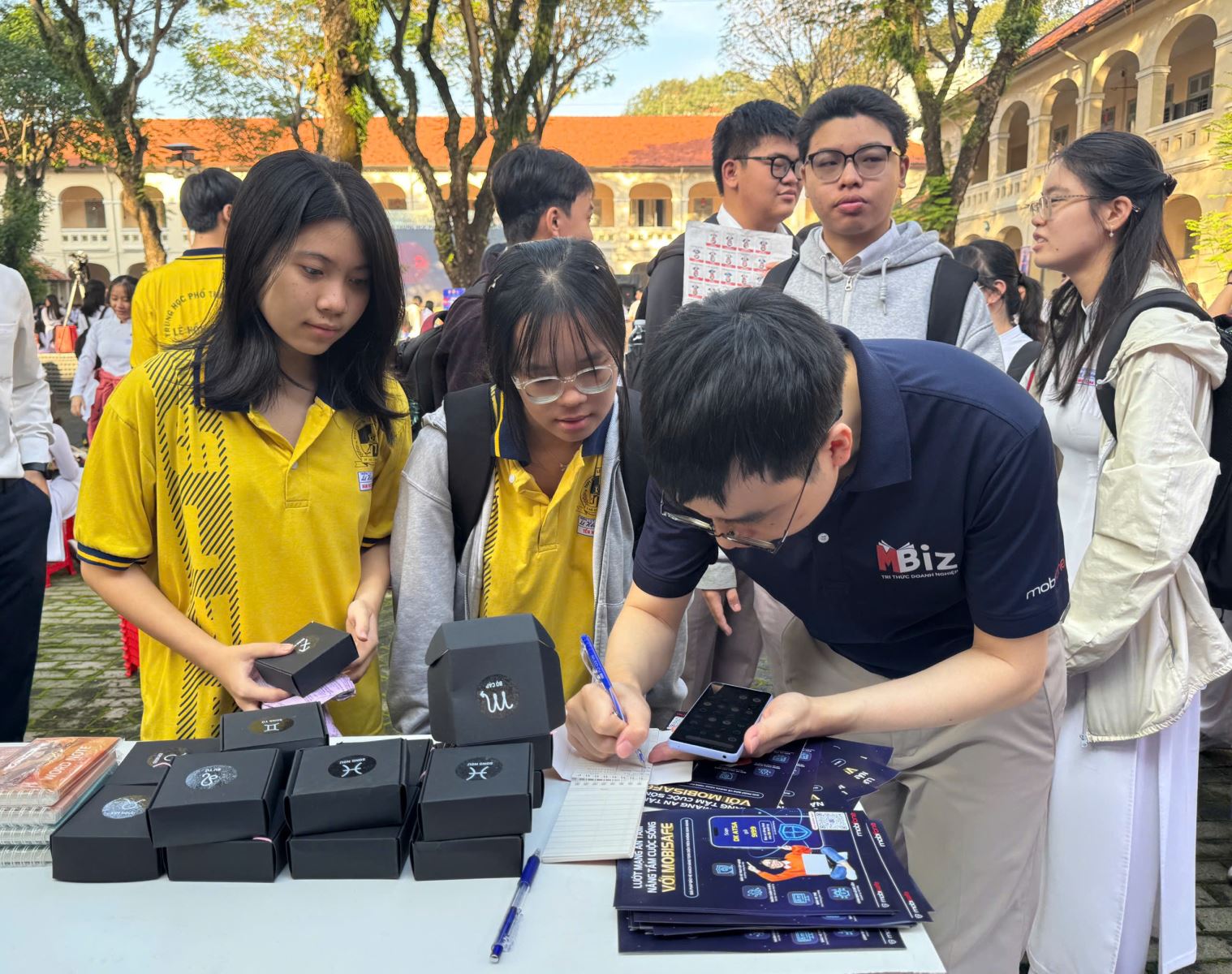
According to Associate Professor Dr. Nguyen Xuan Hoan, Principal of Ho Chi Minh City University of Industry and Trade, this is an opportunity for Vietnamese education to transform from a traditional model to a smart education model, where learners are designed with a roadmap suitable to their abilities, interests and career orientation.
From a policy perspective, Resolution No. 71-NQ/TW of the Politburo clearly defines the task of “comprehensive digital transformation, popularization and strong application of digital technology and artificial intelligence in education and training”. This is not only a strategic orientation but also an urgent requirement in the context of global human resource competition rapidly shifting to a knowledge-based economy.
According to Dr. Le Thi Mai Hoa, Deputy Director of the Department of Education (Central Propaganda and Mass Mobilization Commission), Vietnam currently allocates at least 20% of the state budget for education and training, of which at least 5% is for development investment, towards modernizing facilities, technology and innovation. However, to take advantage of the opportunities that AI brings, it is necessary to create a “dynamic link” between the State – schools – businesses – technology, in which AI plays the role of a “central nervous system” connecting knowledge with the labor market.
At the high school level, pioneering models such as Le Hong Phong High School for the Gifted (Ho Chi Minh City) are showing the right direction. The school has introduced AI content into its curriculum for 7 years now, with three levels: popularization, advanced application and in-depth research. “Letting students access AI early not only helps them understand technology but, more importantly, trains their creative thinking and ability to adapt to the future,” Principal Pham Thi Be Hien shared.
However, the major bottleneck today is the lack of teachers who are properly trained in AI. “Schools must contract with AI lecturers and engineers, and provide in-depth training for IT teachers to ensure teaching quality,” said Ms. Hien. This reflects the urgent need for a policy to train and foster digital capacity for teachers, one of the pillars for Vietnam’s education to enter the new era.
At the university level, institutions such as Ho Chi Minh City University of Industry and Trade are investing heavily in comprehensive digital transformation, from technology infrastructure to applications in training and management. However, according to Associate Professor Dr. Nguyen Xuan Hoan, the shared software and data systems are still lacking in synchronization, making the exploitation of AI not optimally effective. Therefore, it is necessary to build a shared data platform for schools, avoiding the situation where each place develops its own system, causing a waste of resources.
Ethics - the foundation for sustainable AI education
If AI is considered the “brain” of future education, ethics is the heart that ensures sustainable development. Associate Professor Dr. Nguyen Van Vu, Deputy Head of the Faculty of Information Technology, University of Science (VNU-HCM), emphasized: “The question is no longer whether to use AI in education or not, but how to use it correctly and humanely.”

AI can help teachers grade papers, provide career advice, or create learning content. But if not governed by clear ethical principles, data bias or programming bias can lead to injustice for learners. Therefore, Vietnam needs to soon build an AI Ethics Framework in Education, ensuring that technology is applied fairly, transparently, and humanely.
Dr. Le Thi Mai Hoa made six important recommendations for implementing AI in education: Building a national AI literacy program for students and teachers at all levels; promoting training and fostering teachers in digital skills and AI ethics; integrating AI into STEM subjects instead of separating them into separate subjects; building a framework of regulations on academic ethics and AI applications in teaching and research; developing digital infrastructure and a "Make in Vietnam" AI platform suitable for Vietnamese language and data; and promoting propaganda, popularizing awareness, and inspiring the spirit of innovation among teachers and students.
Sharing the same view, Prof. Dr. Le Anh Vinh, Director of the Vietnam Institute of Educational Sciences, said that the implementation of AI in general education requires a consistent policy framework, flexible curriculum, and regular updates. At the same time, priority should be given to teacher training, the development of learning materials, and open data in Vietnamese to narrow the regional gap.
Huynh Thanh Dat, Deputy Head of the Central Propaganda and Mass Mobilization Commission, emphasized the need to soon issue the AI Competency Framework and Ethics Framework in schools, along with the Digital Transformation Fund mechanism in higher education to attract socialized investment and support pioneering schools. “The business community also needs to change its mindset, not only as an employer but also as a co-creator of future human resources,” said Thanh Dat.
AI can help people learn faster and understand more deeply, but only humans can teach people to live rightly, honestly and humanely. Therefore, in all future education models, humans will still be at the center, leading technology rather than being led by technology.
When awareness is transformed into action and technology is guided by ethics, artificial intelligence will not replace humans, but become a companion to accompany Vietnamese education into a new era – a creative, tolerant and sustainable education.
Source: https://baotintuc.vn/ban-tron-giao-duc/giao-duc-trong-ky-nguyen-ai-tu-chuyen-doi-nhan-thuc-den-chuyen-hoa-hanh-dong-20251028160547684.htm


![[Photo] Hue: Inside the kitchen that donates thousands of meals a day to people in flooded areas](https://vphoto.vietnam.vn/thumb/1200x675/vietnam/resource/IMAGE/2025/10/29/1761738508516_bepcomhue-jpg.webp)
![[Photo] Prime Minister Pham Minh Chinh chaired a meeting to evaluate the operation of the two-level local government model.](https://vphoto.vietnam.vn/thumb/1200x675/vietnam/resource/IMAGE/2025/10/29/1761751710674_dsc-7999-jpg.webp)



![[Photo] Prime Minister Pham Minh Chinh chaired a meeting to discuss solutions to overcome the consequences of floods in the central provinces.](https://vphoto.vietnam.vn/thumb/1200x675/vietnam/resource/IMAGE/2025/10/29/1761716305524_dsc-7735-jpg.webp)


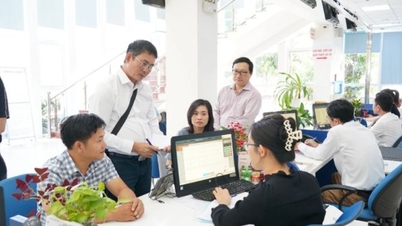

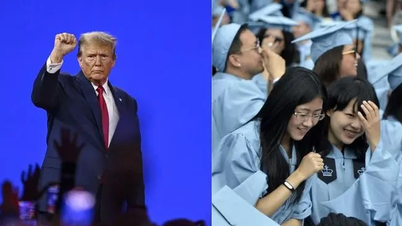




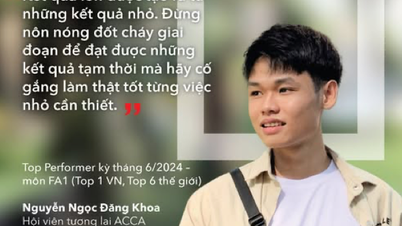





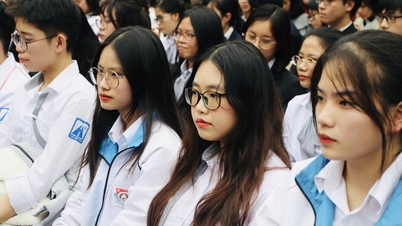








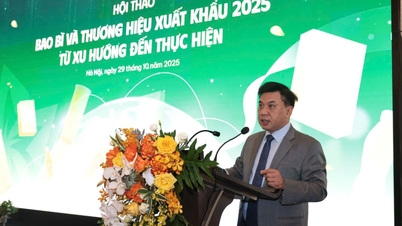


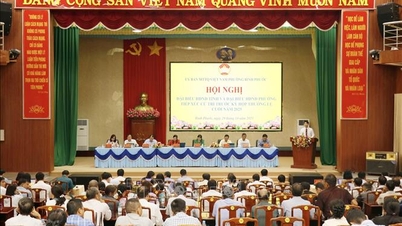

































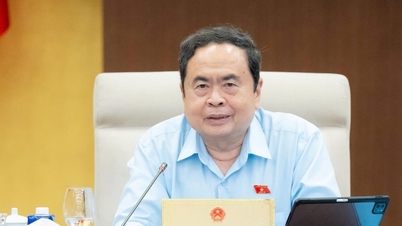


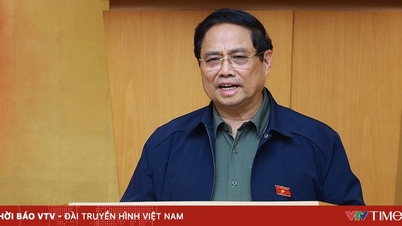
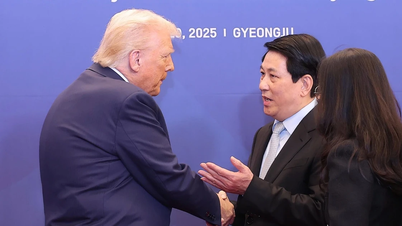



![[Live] Concert Ha Long 2025: "Heritage Spirit - Brightening the Future"](https://vphoto.vietnam.vn/thumb/402x226/vietnam/resource/IMAGE/2025/10/29/1761743605124_g-anh-sang-am-thanh-hoanh-trang-cua-chuong-trinh-mang-den-trai-nghiem-dang-nho-cho-du-khach-22450328-17617424836781829598445-93-0-733-1024-crop-1761742492749383512980.jpeg)



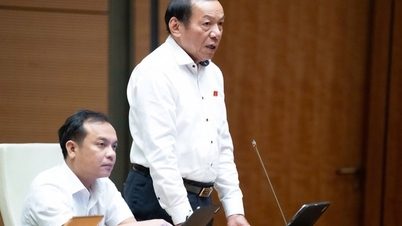





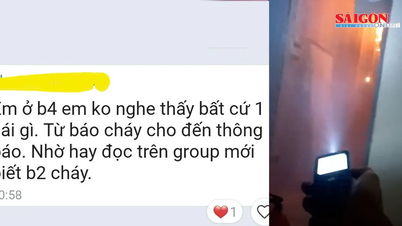

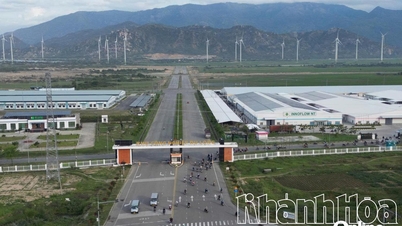
















Comment (0)